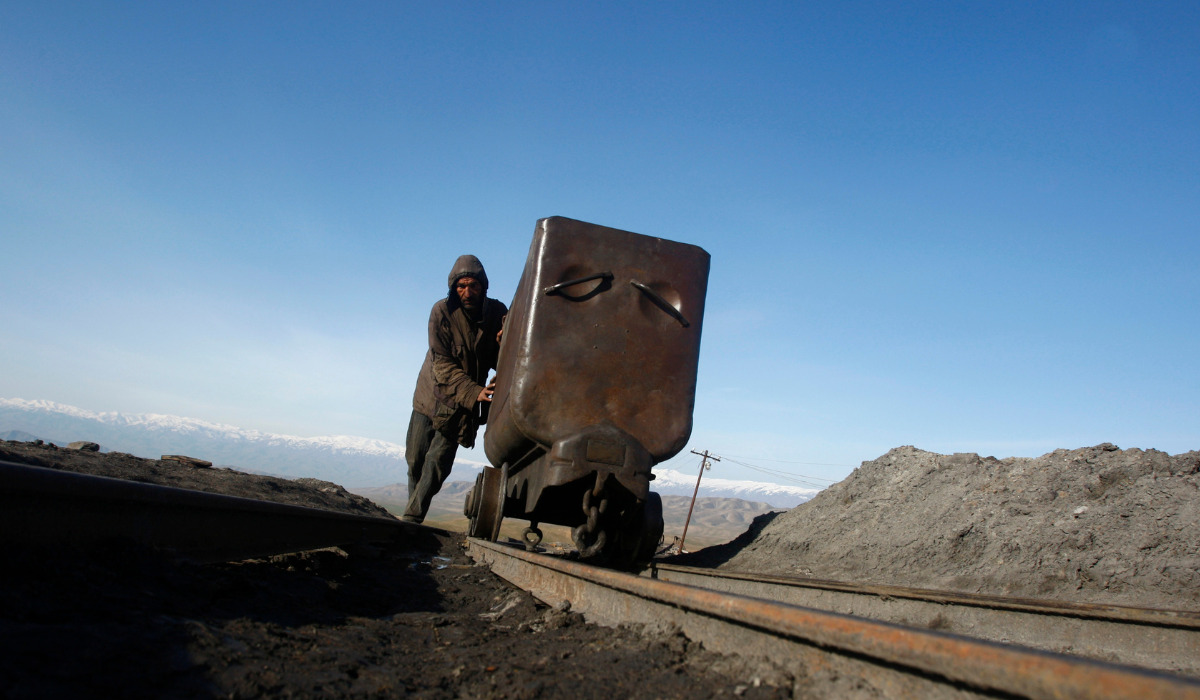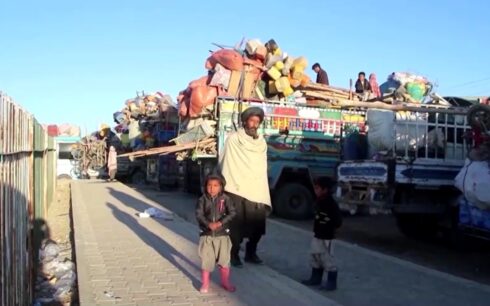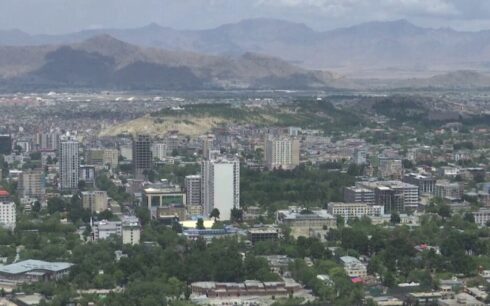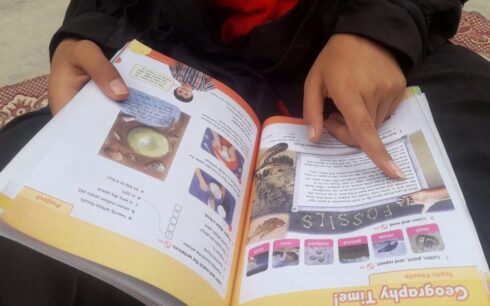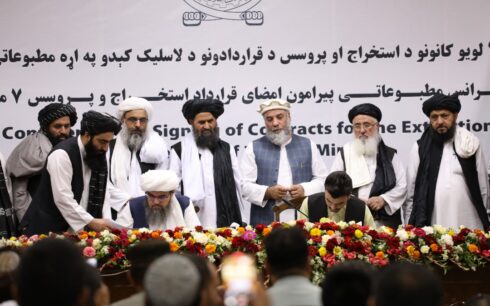Afghanistan, a nation long embroiled in political turmoil and ravaged by conflict, has long been a paradox of potential prosperity amidst crushing poverty. Despite the country’s vast natural resources, Afghanistan still ranks among the poorest nations globally.
Regime changes, foreign invasions, and hostile policies from neighboring countries have transformed Afghanistan into a battleground for proxy wars. Amid these challenges, one resource has emerged with the potential to significantly alter the nation’s trajectory – lithium. This element is now at the heart of the rapidly expanding electric vehicle industry.
However, the development of Afghanistan’s lithium resources, like any meaningful progress, requires political stability and legitimacy. The country is currently grappling with widespread poverty, economic collapse, unemployment, and a humanitarian crisis. These pressing issues necessitate immediate humanitarian aid and stability measures from the international community and UN agencies.
Geological assessments have identified significant lithium deposits in Afghanistan, especially in provinces such as Ghazni, Logar, Herat, Balkhab, and Helmand. The mineral, often found in mineralized springs and pegmatite deposits, holds significant potential for the nation.
Despite the potential, Afghanistan’s past struggles in effectively managing and developing its mineral resources have been an obstacle. Frequent modifications of laws, policies, and regulations have thwarted progress in the mining industry. However, the focus on mining as an alternative source of revenue has increased since 2014, when international forces started to withdraw, and international financial contributions began to dwindle.
The current global green energy policy, the boom of electric vehicles, and zero-emission targets have driven up the demand for lithium and other minerals. If left unaddressed, Afghanistan’s wealth in natural resources could either become a tool for intensifying proxy wars, terrorism, and insurgency or remain untapped indefinitely. Therefore, it is essential that the international community takes urgent action to stabilize Afghanistan.
To develop Afghanistan’s resources, it is crucial to have a legitimate government and a sound political system in place. A long-term national strategic development roadmap for Afghanistan’s indigenous resources would secure a revenue source for the country, attract attention from the fast-growing electric-vehicle market, and potentially lead to long-term economic development.
According to the International Energy Agency (IEA), the number of electric vehicles on the roads worldwide is set to more than triple by the end of the decade. The global demand for lithium, often referred to as “White petroleum” due to its strategic importance, is rapidly increasing due to the massive adoption of electric vehicles.
By tying its mining industry to the rapid growth of the global lithium market, Afghanistan can attract investment and build a value chain of lithium products worth billions of dollars. This partnership with western companies in the electric vehicle industry and other technological sectors can benefit both Afghanistan and the international companies.
In conclusion, Afghanistan’s resource-rich potential, particularly in lithium, presents a unique opportunity for the country to secure a long-term source of revenue and achieve economic development. However, this potential will only be realized with a legitimate government that respects international law, democratic values, and can foster a reliable partnership with the international community. This would pave the way for international mining companies to invest and develop the natural resources of Afghanistan, transforming the nation’s wealth from a dream into a reality.
Sayed Zaman Hashemi is former Legal Director of Afghanistan Ministry of Mines and former CEO of Afghanistan Chamber of Commerce (ACCI).
Amu does not endorse or represent views expressed in this article and other opinion pieces published on its website.

